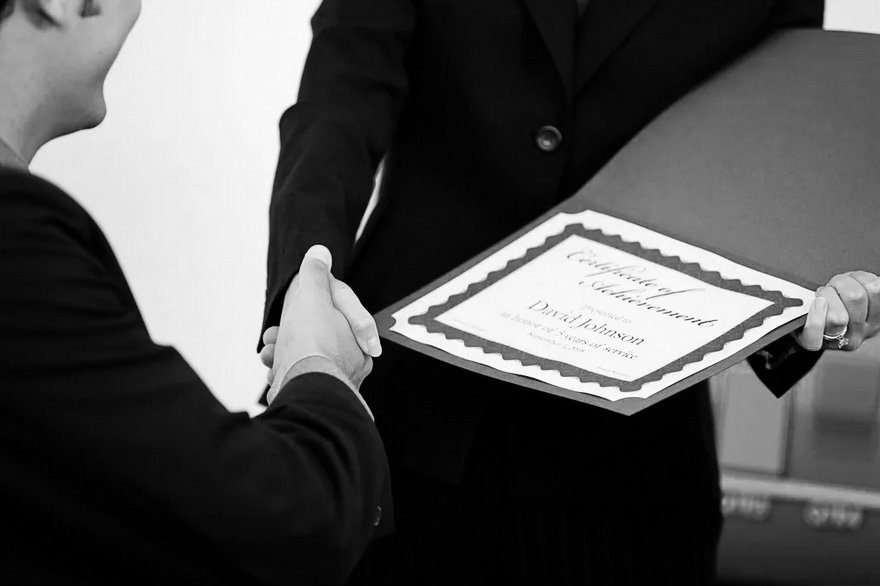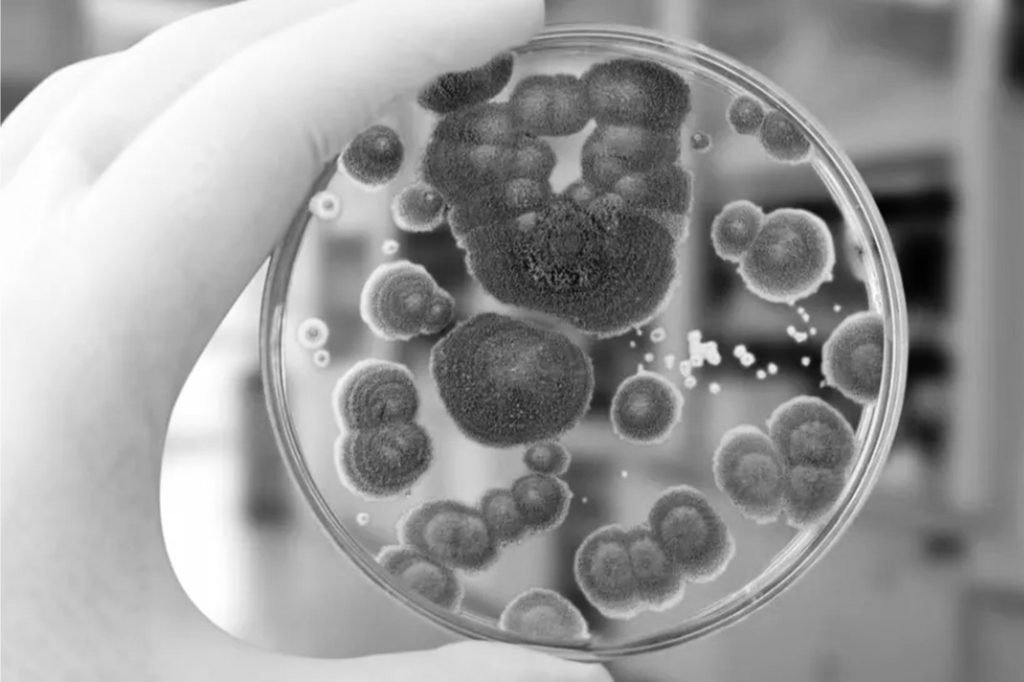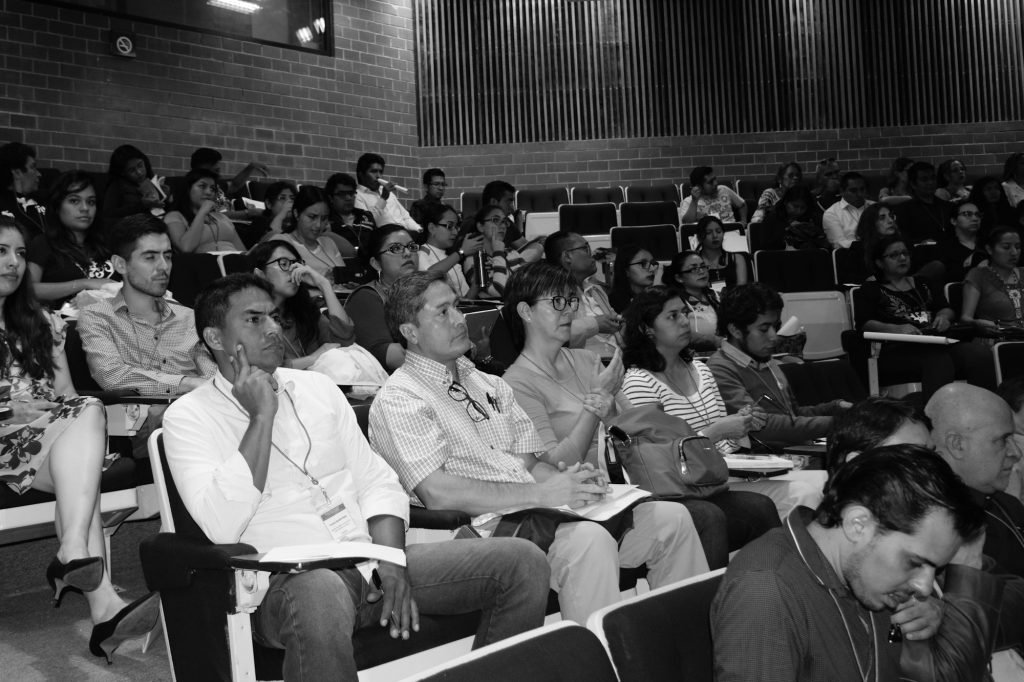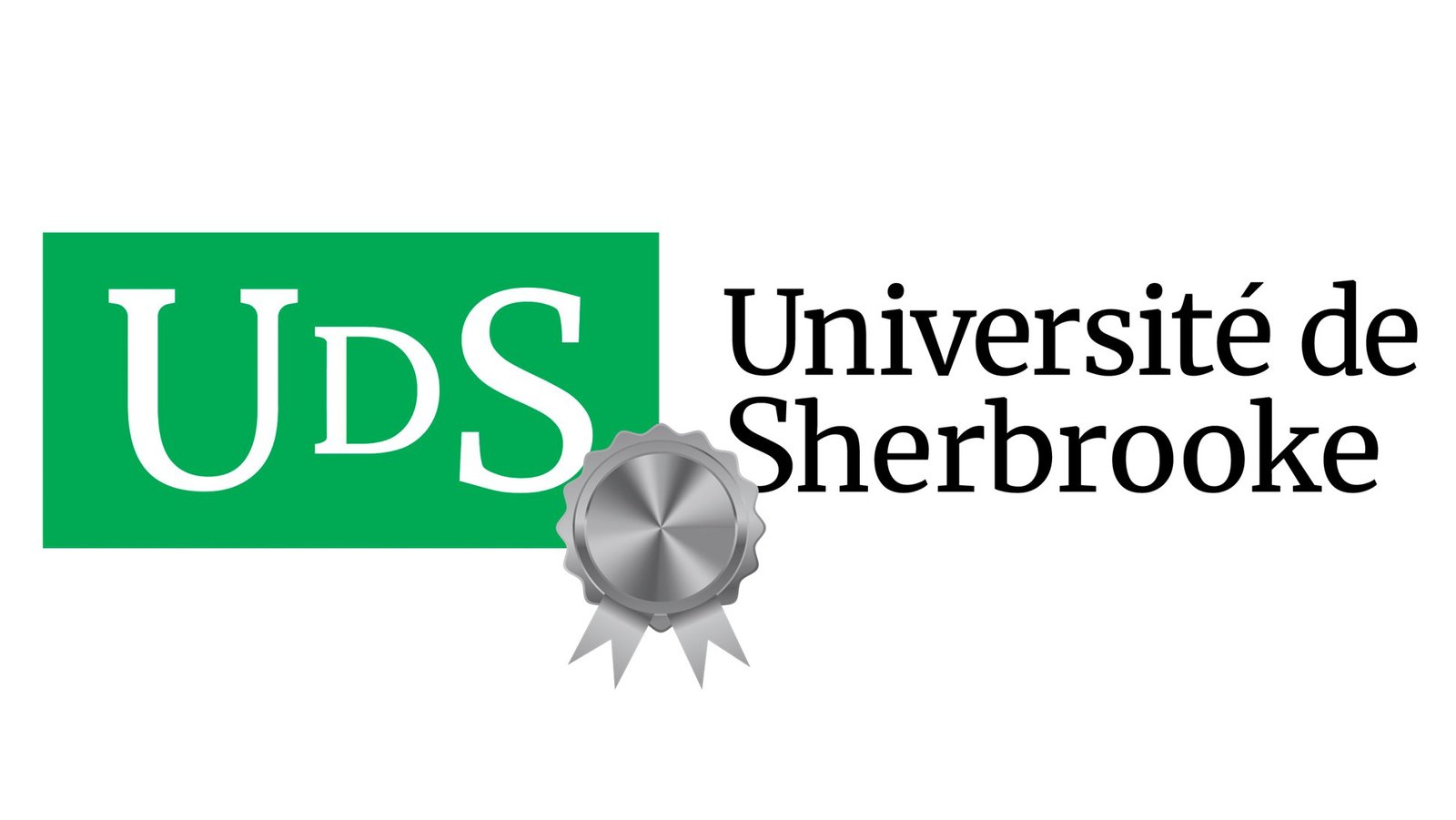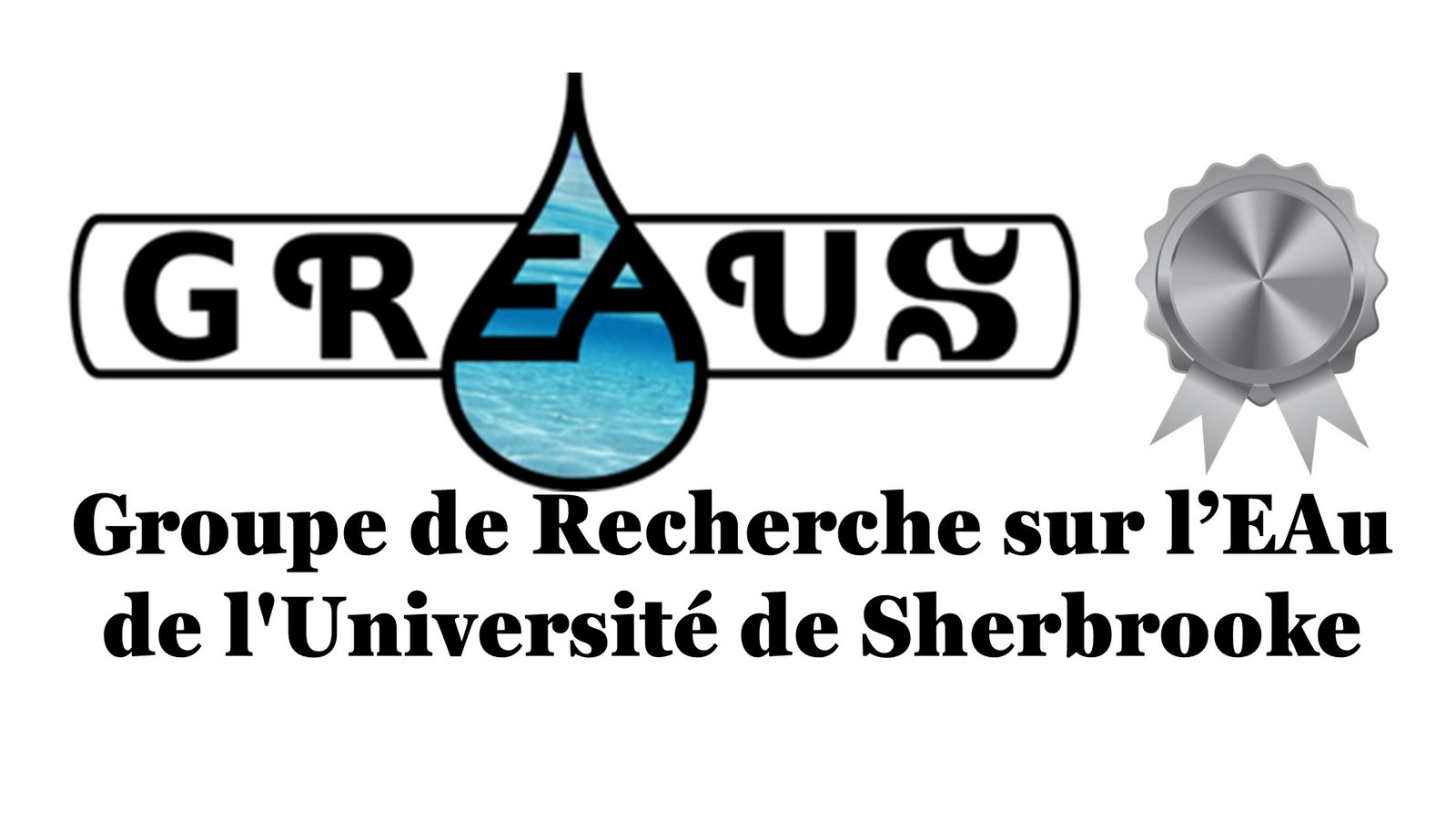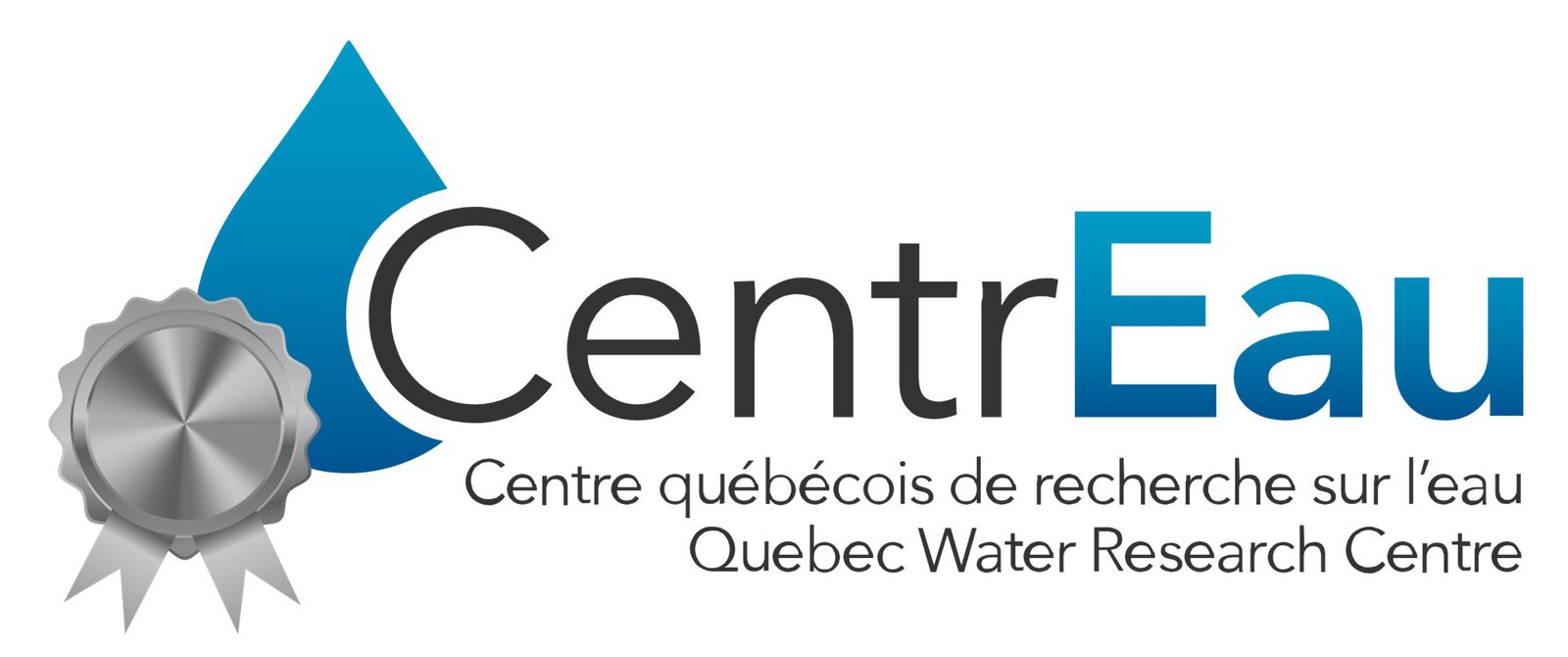2ND INTERNATIONAL WORKSHOP ON
MYCOREMEDIATION
& MYCOTREATMENT
Bridging science, industry, and environmental restoration
The 2nd International Workshop on Mycoremediation and Mycotreatment (MYCOREM) will take place at Sherbrooke (Qc, Canada), now with new dates from May 5th-7th, 2025. MYCOREM will be hosted by the Université de Sherbrooke. The workshop will emphasize on the utilization and valorization of fungi, and their related enzymes, for bioremediation purposes as well as for other industrial applications. The latter will provide a unique opportunity to present achievements and innovations in fundamental sciences and engineering, and stimulate the exchange of information between academics, industrials, consultants, and governments. The conference format is designed to be highly interactive to stimulate discussions, interdisciplinary interactions, and meetings alongside the scientific sessions. In addition, a 1-day training course will be offered, covering fundamental and applied aspects of mycoremediation and some mycotreatments.
Both Oral and Poster presentations along with My thesis in 3-minute presentations are solicited across the proposed conference themes. The organizing committee also encourages the submission of high-quality abstracts on themes that are not listed but are based on innovative studies and/or commercial applications that are related to mycoremediation.
keynote speakers
Satinder Kaur Brar
Prof. Satinder Kaur Brar is the James and Joanne Love Chair in Environmental Engineering and Director of One WATER Institute at York University. Her research is in the two converging fields of value-addition of wastes and decontamination. Many national and international awards have been bestowed on her that prove her research mettle. Recent ones being, in 2019, Eddy Principles/Processes Wastewater Medal from Water Environment Federation; 2017 Grand Prize in University Research for Excellence in Environmental Engineering and Science by the American Academy of Environmental Engineers and Scientists. She was recently inducted into the European Academy of Sciences in 2021 and has been a member of the College of New Scholars, Scientist and Artists of the Royal Society of Canada, since 2014. At York, she has spearheaded two important initiatives on One WATER and cluster on emerging contaminants and their interactions in water, and has been honored with the President’s Research Excellence Award. She has published more than 400 articles, edited 11 books and at least 52 invited talks to her credit.
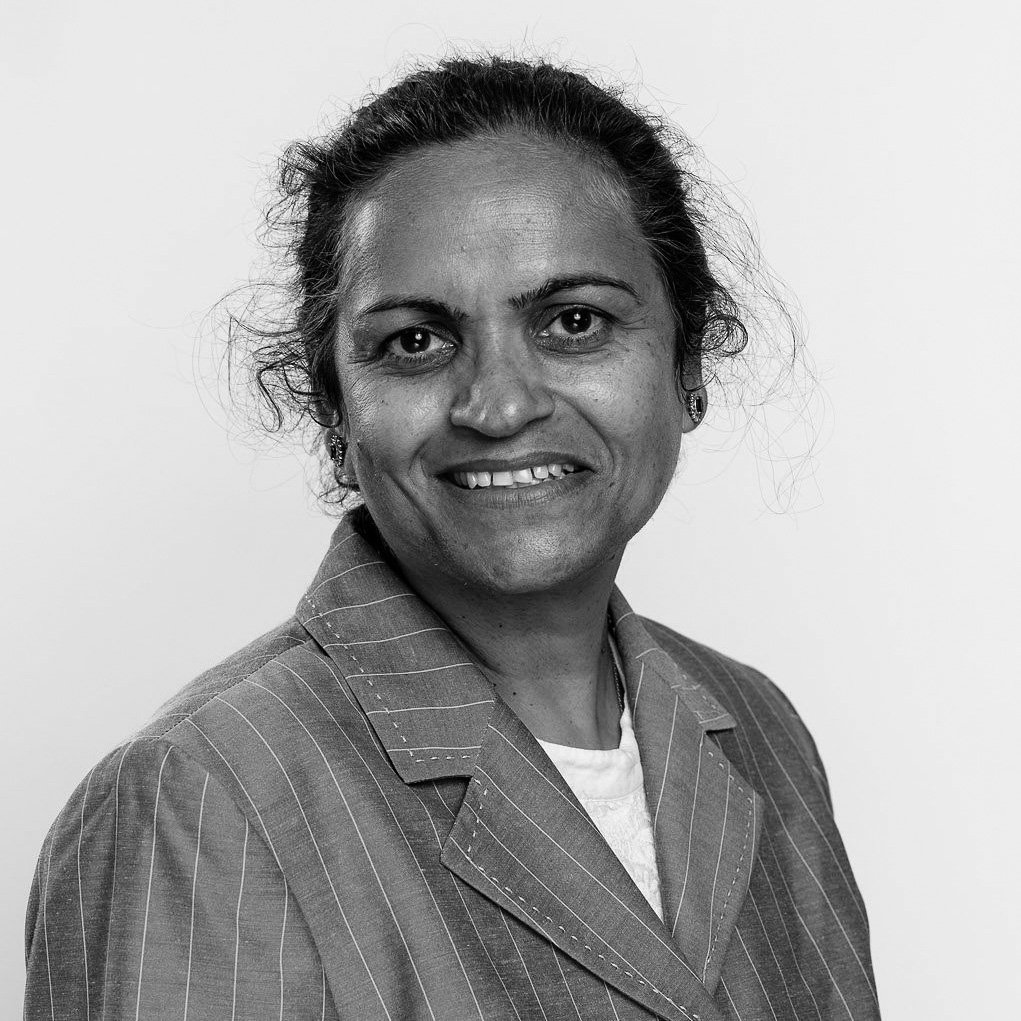
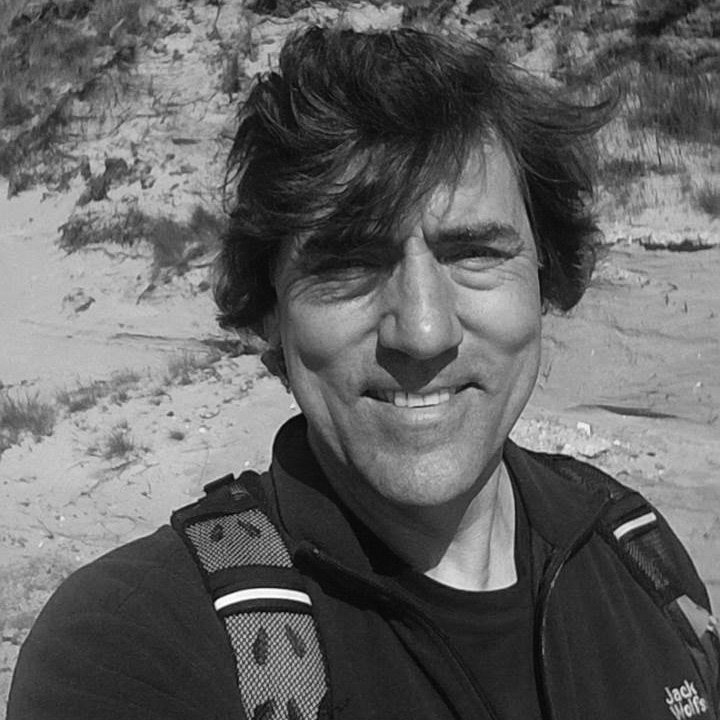
Dietmar Schlosser
Dietmar Schlosser is heading the Working Group Environmental Mycology of the Department of Applied Microbial Ecology, Helmholtz Centre for Environmental Research – UFZ, Leipzig, Germany. His main research interests include the physiology, biochemistry and enzymology of fungi of diverse habitats and lifestyles with respect to biotransformation and degradation of xenobiotic (synthetic polymers – plastics – and their additives, micro-pollutants, and “classical” mass pollutants) and natural organic compounds, and the exploitation of fungi in environmental biotechnology. He has participated in >10 projects in the field of fungal biotechnology, and co-authored >60 publications in indexed journals and 15 chapters in books/book series with peer review.
Félix-Antoine Bérubé Simard
Félix-Antoine Bérubé-Simard is director of the mycotechnology R&D department, as well as co-director of innovation and technology transfer, at Biopterre. His main research interest consists in an approach combining fungal bioprospecting in hostile environments and functional genomics, to develop different mycotechnological solutions to problems in different industrial sectors (agro-environmental, food, pharmaceuticals, etc.). His team carries out around 30 projects a year, nearly a third of which involve mycoremediation.
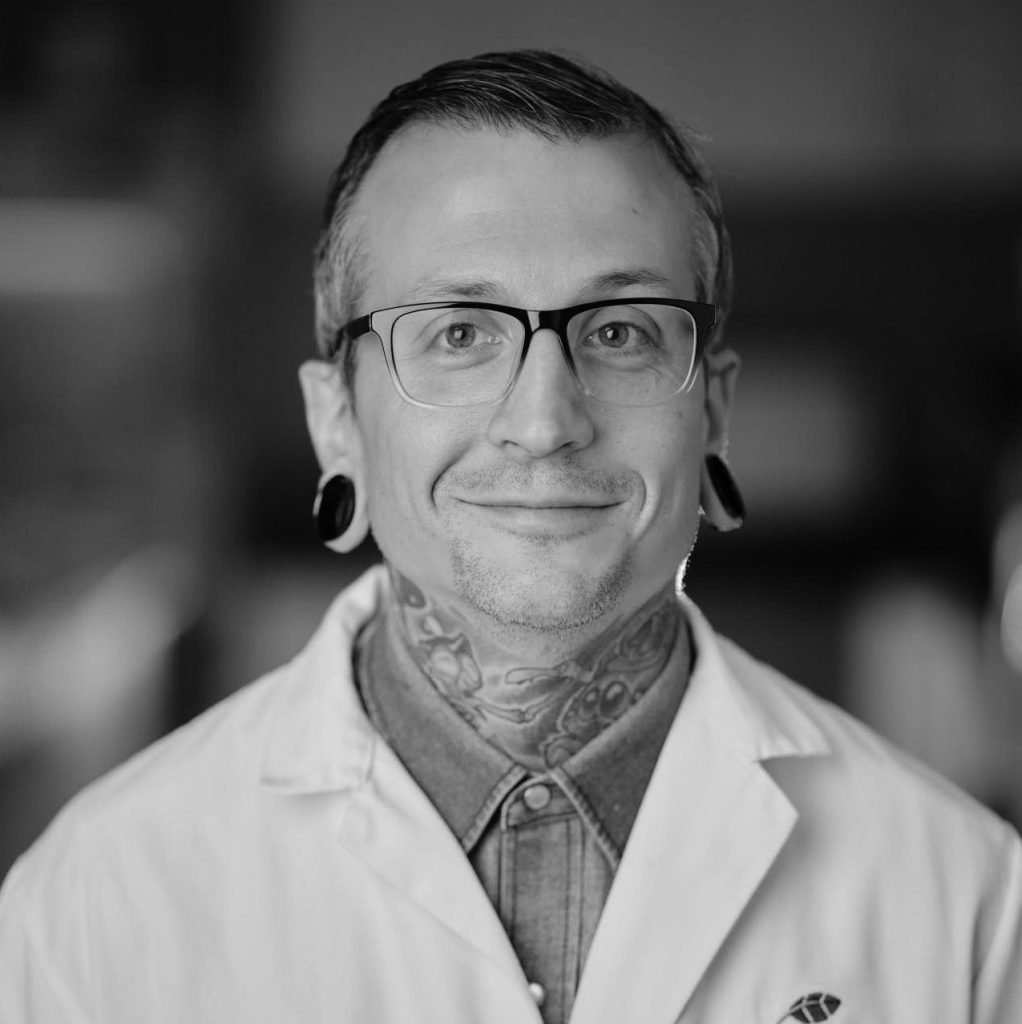

IMPORTANT DATES
April 22nd, 2024 | Call for abstracts |
April 22nd, 2024 | Registration opening |
March 21st, 2025 | Abstract submission deadline for Oral presentation |
March 31st, 2025 | Abstract acceptance for Oral presentation |
April 5th, 2025 | Abstract submission deadline for Poster Presentation |
April 30th, 2025 | Registration deadline |
ORGANIZING COMMITTEE
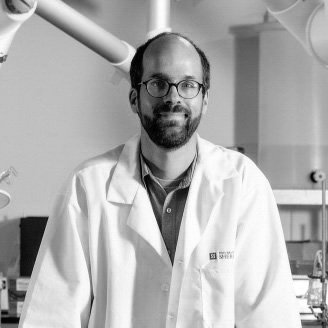
Hubert Cabana
Université de Sherbrooke
Canada
Pr. Hubert Cabana is an expert in environmental biotechnology (mainly fungal and enzymatic processes) dedicated to the elimination of emerging contaminants (e.g. endocrine disrupters, pharmaceutical compounds) present in wastewater and biosolids. In the past 10 years of research, he has developed innovative approaches for the development of enzymatic bioprocesses, such as new generation of LME-based reusable biocatalysts and bioreactors.
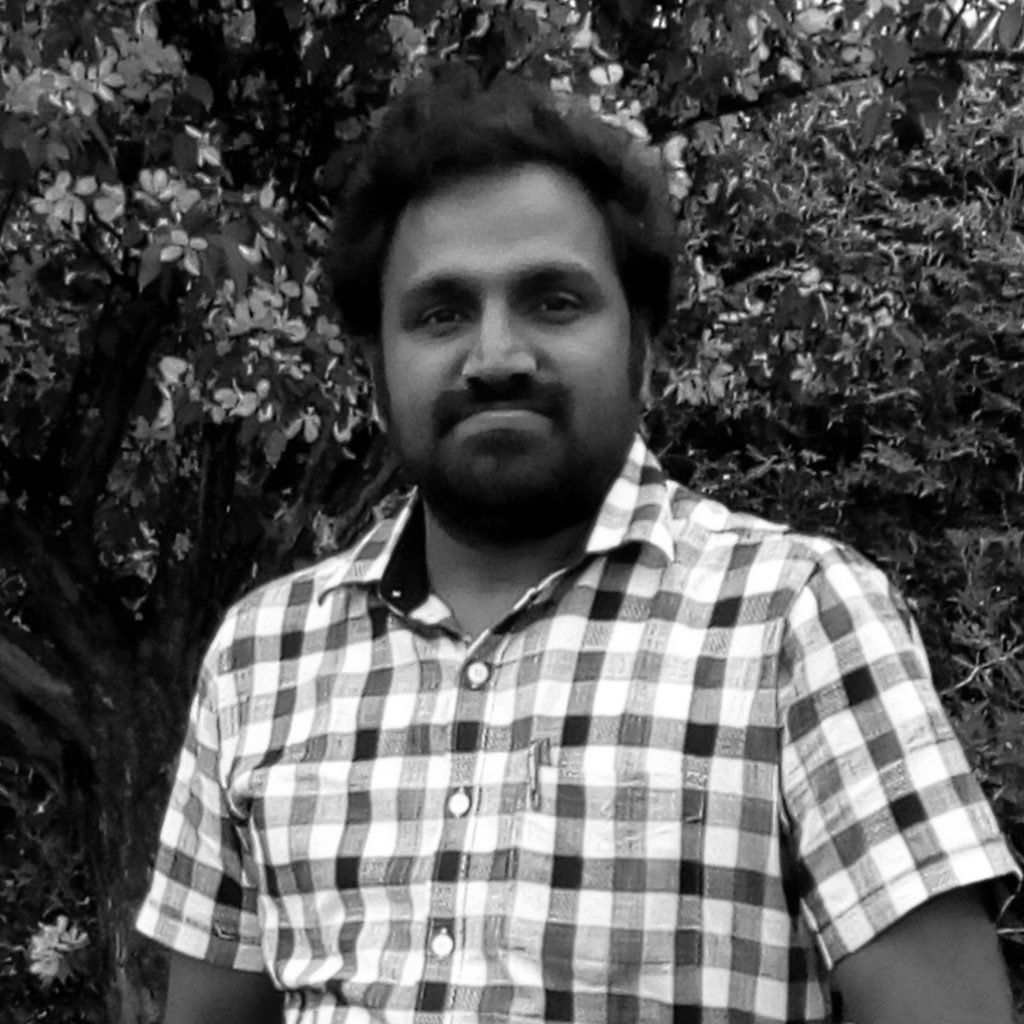
Vinoth Kumar Vaidyanathan
SRM Institute of Science and Technology
India
Dr. Vinoth Kumar Vaidyanathan is a distinguished expert in Industrial Biotechnology, recognized for his innovative research endeavors. With a focus on devising integrated bioprocess methodologies, he aims to achieve cost-effective and scalable production of industrial enzymes, biosurfactants, biofuels, and platform chemicals through meticulous lab and field experiments. Over the course of 12 years, Dr. Vinoth had numerous impactful research initiatives, significantly advancing the development of various bioproduct formulations tailored for the agricultural and food biotechnology sectors. His notable accomplishments helped in securing twelve research projects funded by both industrial and governmental agencies, as well as obtaining five patents for his pioneering work. Dr. Vinoth’s scholarly contributions extend to the publication of 120 high-impact scientific papers in esteemed international journals, garnering a citation index of 2947. Notably, his expertise has earned him recognition as one of the Top 2% Scientists globally, particularly for his specialization in biotechnology with environmental science, as acknowledged by Stanford University, USA.

Tahar Mechichi
Ecole National d’Ingénieurs de Sfax
Tunisia
Full professor at Ecole National d’Ingénieurs de Sfax (since 2012). Prof Mechichi, a specialist of environmental microbiology, has a great experience in bioremediation of micropollutants using bacteria and fungi. In the field of mycoremediation he isolated a collection of local fungal strains of basidiomycetes and ascomycetes, explored their ligninolytic enzymes and their potential for the degradation of dyes, phenols and pharmaceuticals including antibiotics. Professor Mechichi led several national and international research projects in mycoremediation. He supervised 15 PhD students and published over 110 research papers in highly impacted international journals. His H-index is 39 (google scholar) with a total number of citations of 5299.
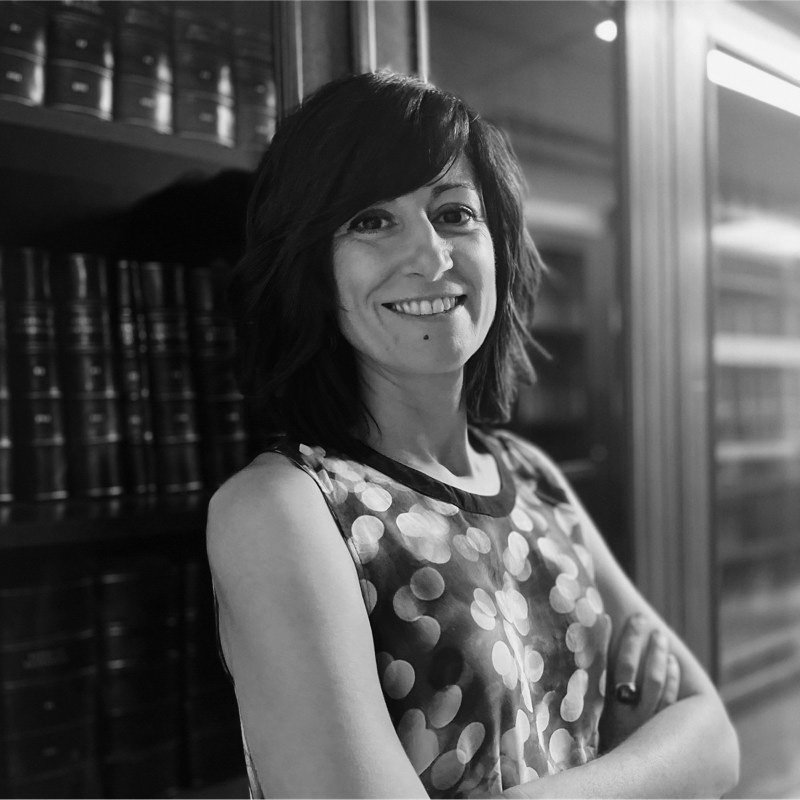
Elisabet Aranda
University of Granada
Spain
Associate Professor at the UGR, Researcher at the Institute of Water Research (UGR). Dra. Aranda has a vast experience in degradation of priority and emerging pollutants, chemical identification of substances and metabolites by different analytical techniques, transformation of xenobiotics with fungi, studies of catabolic genes and degradative pathways, as well as obtaining fungal strains of industrial interest. She has been included in the Stanford Ranking of the World Scientists: World´s Top 2% Scientists during 3 consecutive years. In addition, her studies are focused on metataxonomic and functional analyses of different industrial processes, such as waste water treatment plants and composting processes.
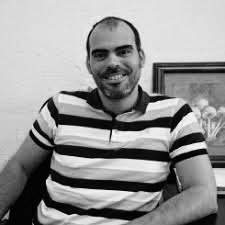
Ramon Batista
Autonomous University State of Morelos – Mexico
University of Jaén – Spain
Extremophilic fungi, their molecular adaptations, and their application in bioremediation are his main research lines, upgraded by molecular studies of mechanisms enabling extremophilic fungi degradation of various xenobiotics and micropollutants, coupled with integrative omics approaches (metagenomics, transcriptomics) to study fungal biodiversity, physiological adaptations to extreme conditions and the isolation of microbes with biotechnological potential. He also works investigating the use of extremophilic fungi and extremoenzyme-based platforms for pollutant degradation, which would allow the implementation of eco-friendly technologies for in-situ bioremediation and the establishing of novel and promising extremophilic fungi-plants interactions.
SCIENTIFIC COMMITTEE

Satinder Kaur Brar
Professor and James and Joanne Love Chair in Environmental Engineering,
Department of Civil Engineering, Lassonde School of Engineering
York University, Toronto, Canada
www.yorku.ca/research/onewater
E-mail: satinder.brar@lassonde.yorku.ca

Dietmar Schlosser
Head of Group Environmental Mycology
Department of Applied Microbial Ecology
Helmholtz Centre for Environmental Research – UFZ
Leipzig, Germany
E-mail : dietmar.schlosser@ufz.de
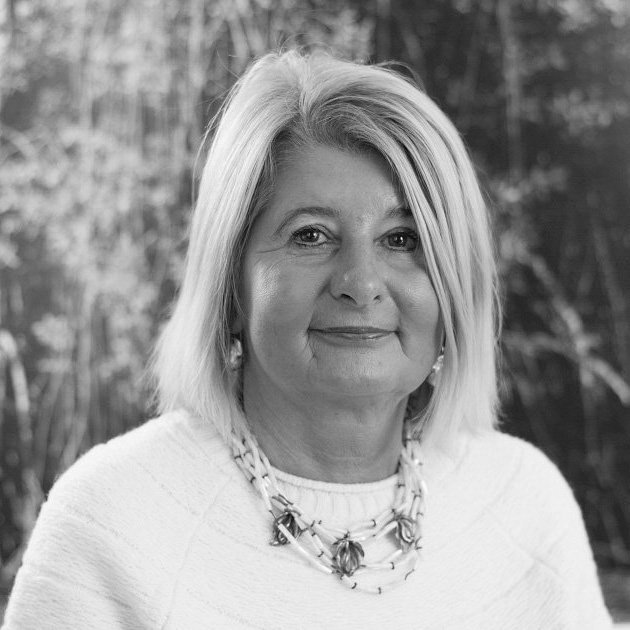
Nina Gunde Cimerman
Professor
Biotechnical Faculty,
Department of Biology
University of Liujbliana, Ljubljana, Slovenia
E-mail : Nina.Gunde-Cimerman@bf.uni-lj.si
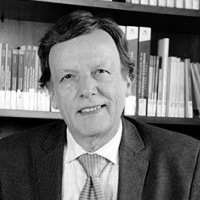
Spiros N. Agathos
Professor Emeritus
Faculty of Bioscience Engineering
Catholic University of Louvain
Louvain-la-Neuve, Belgium
uclouvain.be/en/directories/Spiros.Agathos
E-mail: spiros.agathos@uclouvain.be
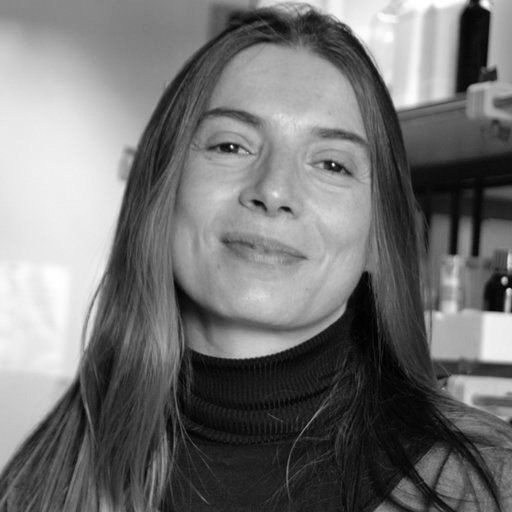
Cristina Silva Pereira
Associate Professor
Applied and Environmental Mycology (group leader)
Instituto de Tecnologia Química e Biológica António Xavier (ITQB NOVA), Oeiras, Portugal
itqbnovaaem.wixsite.com/aem-lab
E-mail : spereira@itqb.unl.pt

Félix-Antoine Bérubé Simard
Director — R&D Department of Mycotechnologies
Co-Director — Innovation & Technology Transfer Biopterre
Sainte-Anne-de-la-Pocatière, Canada
E-mail : felix-antoine.simard@biopterre.com
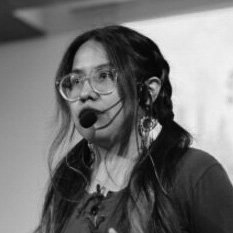
Gabriela Ángeles de Paz
Postdoctoral fellow
Institute of Water Research,
University of Granada
Granada, Spain
E-mail : gangeles@ugr.es
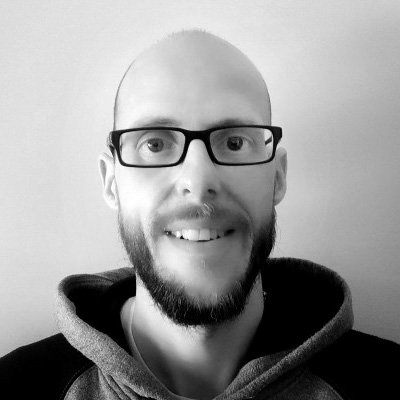
Cene Gostinčar
Professor
Biotechnical Faculty,
Department of Biology
University of Liujbliana, Ljubljana, Slovenia
E-mail : Cene.Gostincar@bf.uni-lj.si
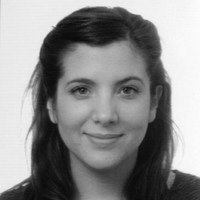
Tatiana Robledo Mahón
Postdoctoral fellow
Institute of Water Research,
University of Granada
Granada, Spain
E-mail : trobledo@ugr.es
